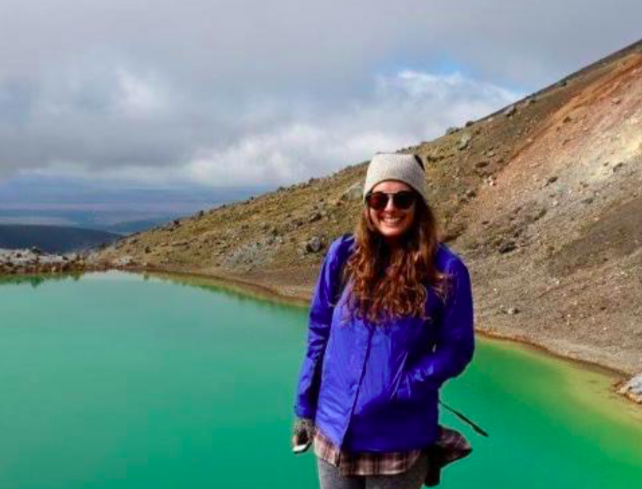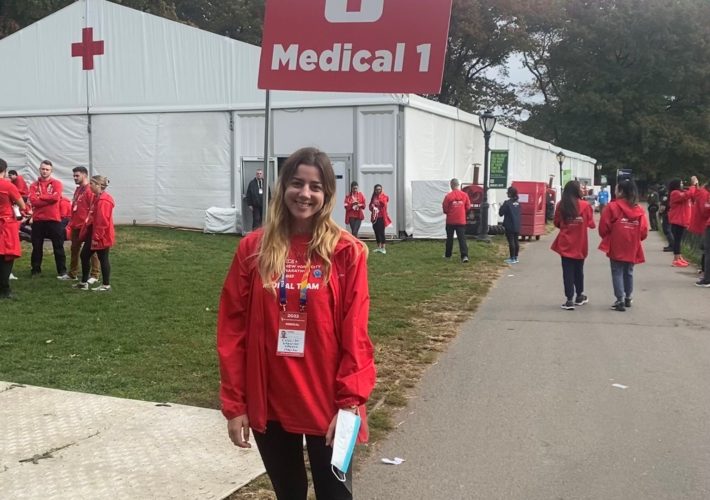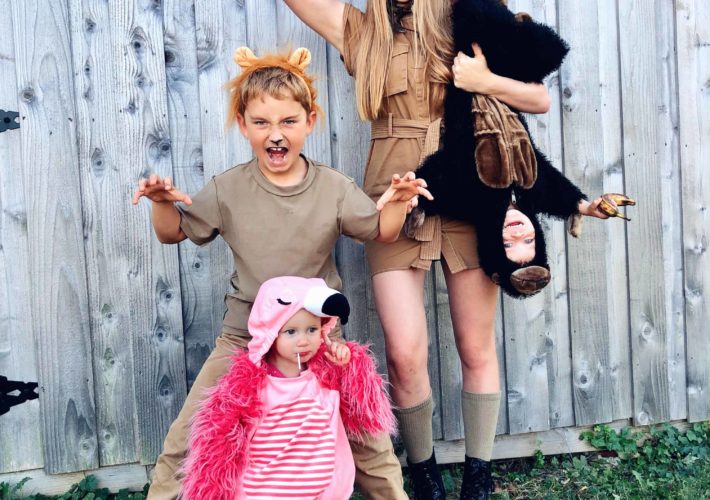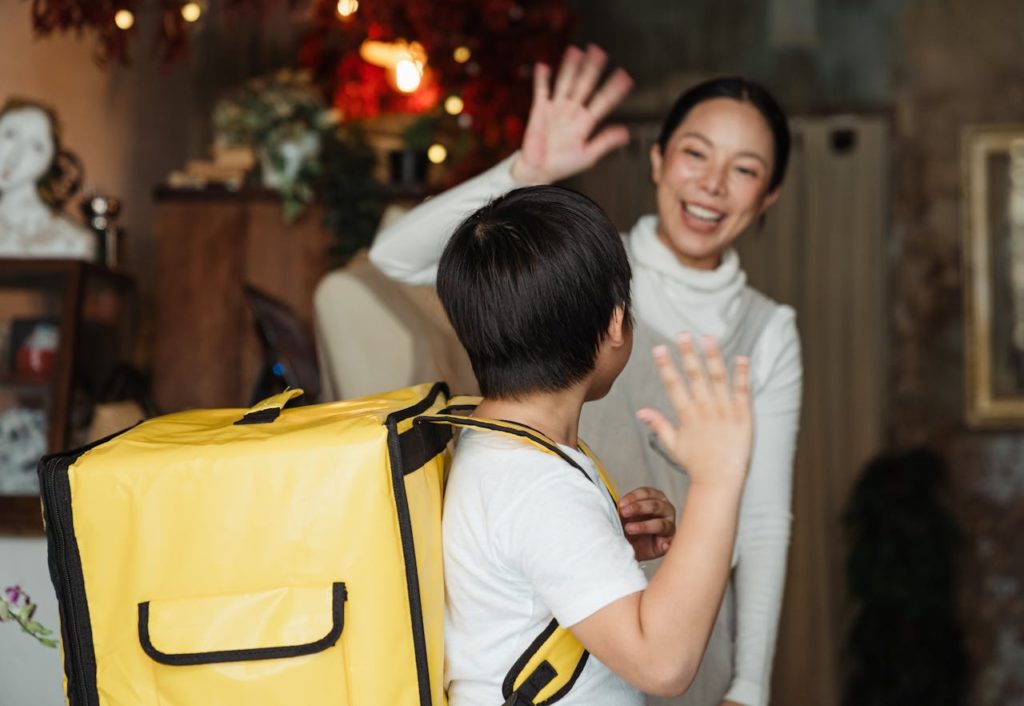
The final months of your au pair program can be surprisingly emotional. What began as a cultural exchange and work opportunity may have grown into deep, meaningful relationships—not just with the children you’ve cared for, but with your entire host family and community. As your program end date approaches, it’s time to begin planning for a thoughtful, smooth, and emotionally healthy goodbye.
Whether you’re heading home or continuing your journey elsewhere, a little preparation can help you create closure, celebrate your growth, and transition confidently into your next chapter. Here’s your practical and emotional checklist to guide you through your final month as an au pair. (Downloadable version here.)
Your Six-Week Departure Checklist

Connect with your Local Coordinator
Schedule a final meeting to review program requirements, understand your departure responsibilities, and ensure you’re completing everything according to U.S. Department of State regulations.
Confirm your travel arrangements
Double-check your flight details and coordinate airport transportation with your host family. If they’re planning to see you off, confirm timing and logistics together.
Consider extending your time in the U.S.

After your program ends, you may stay in the U.S. for 30 days—known as your “travel month”—but you cannot work during this time. Most au pairs use it to travel and rest. You must leave the U.S. by the end of the 30 days to avoid overstaying your visa. Au Pair USA will arrange your return flight; you must submit preferred flight dates and departure airport in Passport no later than 45 days prior to the end of your program. Insurance ends on your program end date, but you can extend it for the travel month for $65*. Get the wheels turning with these epic road trips and uncommon landmarks!
Alternatively, you can apply for a one-time extension of 6, 9, or 12 months, either with your current host family or a new one. In your eighth month, you’ll get an email asking if you plan to return home or extend. Discuss this with your host family and decide together. If you extend with a new family, you’ll need to pay a non-refundable $367* SEVIS processing fee.
*Note: All costs are subject to change. Contact Au Pair USA for the most up-to-date information.
Begin transitioning your responsibilities
Start preparing the children and family for your departure by gradually introducing any new caregiver to your routines. Walk your host parents through your daily schedules and the children’s preferences, creating detailed notes about each child’s routines, favorite activities, and any important information. Be sure your host family updates emergency contacts at schools, camps, and activities.
Plan your farewell
Saying goodbye doesn’t have to be a sad occasion. Do it in a way that is memorable and adds to the wonderful memories you’ve made together. Plan a final outing to your favorite spot or organize a small celebration with your host family. You could cook a meal from your home country and share favorite memories together over dinner.
Prepare meaningful gifts

Consider creating something personal for each family member, such as a photo album or scrapbook of your time together, letters to each child (and parents) to open on future birthdays or special occasions, a recipe book of dishes you’ve shared together, or something special from your home country.
Gather your references
Request letters of recommendation from your host family for future opportunities. Be specific about what you’d like them to highlight—childcare skills, language abilities, cultural adaptability, etc.
Handle practical matters
In the midst of so many emotions, it can be easy to forget about more practical matters. Remember to return all borrowed items (keys, cards, passes), and close any accounts or memberships in your name. Update your address for any mail or subscriptions, and transfer or cancel phone plans, gym memberships, etc. Also be sure to organize your belongings and decide what to ship, pack, sell, or donate.
Helping Your Host Children Through the Transition
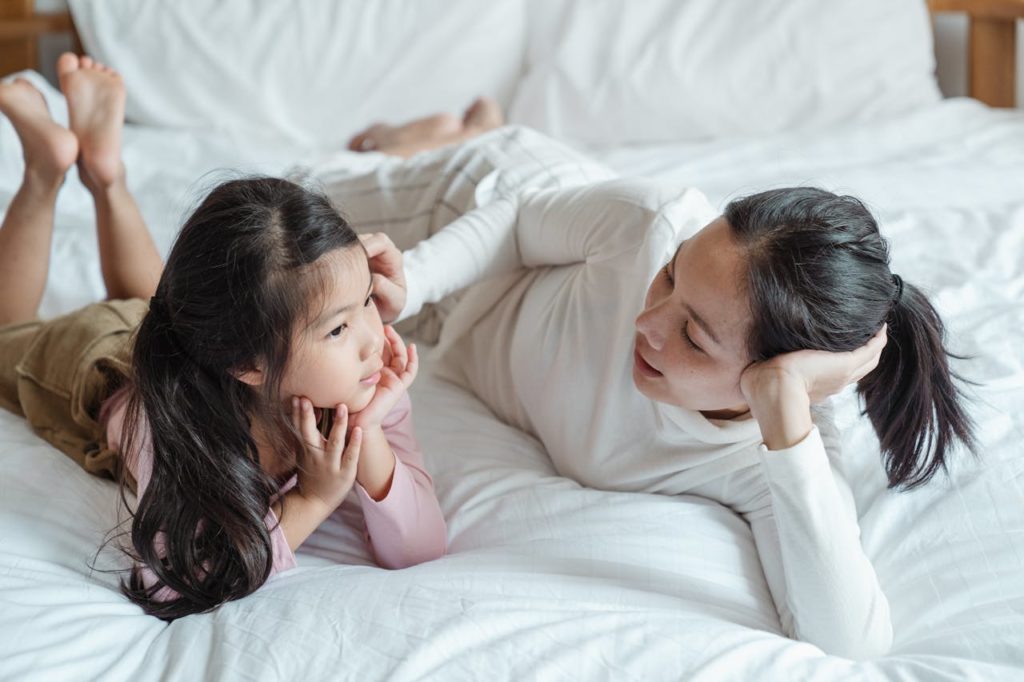
You’ve likely become an important figure in your host children’s lives, and your departure may be their first experience with this kind of goodbye.
Have honest conversations early
Give the children plenty of time to process your leaving. Use age-appropriate language and encourage them to share their feelings and ask questions.
Help them name their emotions
Children might be experiencing big emotions and struggle to express what they’re feeling. Help them acknowledge their emotions like “It’s okay to feel sad that I’m leaving” or “I can see you’re excited about my next adventure too.”
Give them a role in saying goodbye
Let the children help plan your farewell or create gifts for you. When they feel involved, they gain some sense of control over the situation. This can be very healing over time.
Create ways to stay connected


Discuss with your host parents what ongoing contact looks like, then share this with the children. Knowing they can still communicate with you virtually, write you letters, and send you drawings can ease the transition.
Leave them with comfort items
To help with the transition, it can be very comforting for your host family to have something tangible to remember you by, especially if you looked after younger kids. Consider creating something they can keep like a recording of you reading their favorite bedtime story, a photo of you together to put in their room, or a small keepsake that reminds them of your friendship.
Decide how you will stay in touch
Decide how you will remain in contact with your host family. Just because you’re no longer living together, doesn’t mean you can’t remain close. Will it be video chat? Texts? Phone calls? You may even want to commit to a schedule of chatting weekly or monthly.
Taking Care of Your Own Emotions

This transition can be incredibly difficult for you too. Here’s how to support yourself through it:
Acknowledge the complexity of your feelings
It’s normal to feel excited about going home while also being sad to leave. You might feel nervous about reverse culture shock or uncertain about your future. All of these emotions can coexist.
Process your growth
Take time to reflect on how you’ve changed during your program:
- What new skills have you developed?
- How has your perspective on family, culture, or yourself evolved?
- What challenges have you overcome?
- What are you most proud of from this experience?
Plan your re-entry
Think about your transition back home or to your next destination:
- How will you share your experience with family and friends?
- What aspects of American culture or family life do you want to continue?
- How will you use your new language skills and cultural knowledge?
- What are your next goals—career, education, travel?
Document your experience
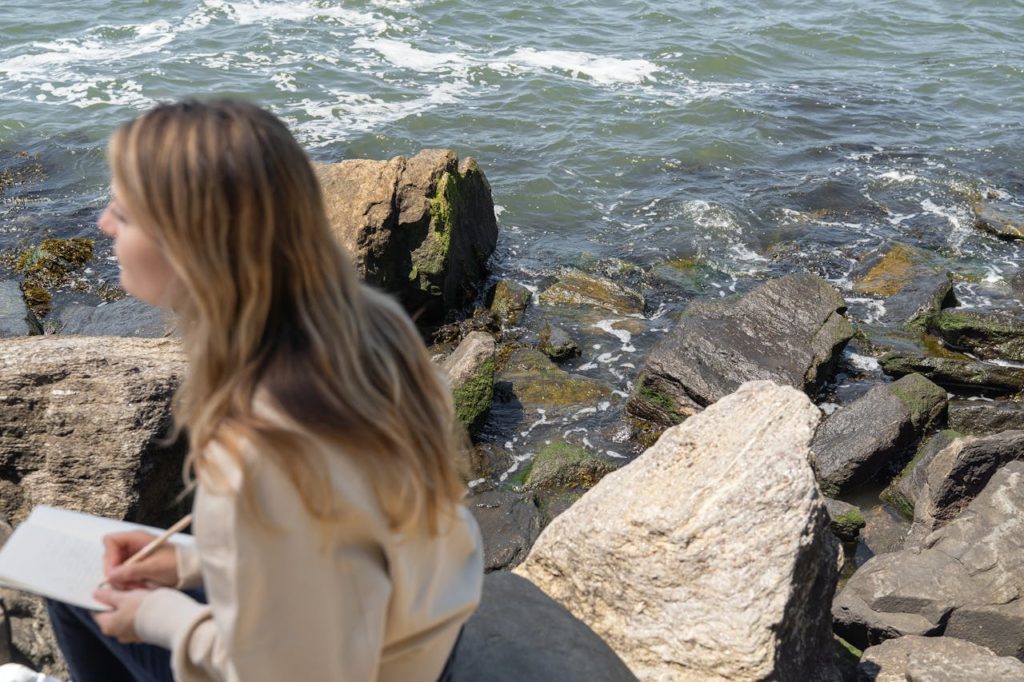
Create a record of your journey:
- Write in a journal about your final weeks
- Take photos of meaningful places and moments
- Record voice memos about what you want to remember
- Make lists of things you’ll miss and things you’re excited about
Build your support network
Connect with other au pairs who have completed their programs or are going through similar transitions. Consider joining online communities or staying in touch with au pair friends.
Closing This Chapter, Opening the Next

Saying goodbye as an au pair is uniquely challenging—you’re not just leaving a job, but a temporary family and a version of yourself that grew in this experience. When approached with intention and care, this transition becomes a powerful moment of growth and gratitude.
Remember: you came to this family as one person and you’re leaving as someone who has grown, adapted, and made a meaningful impact on children’s lives. You’ve navigated cultural differences, developed new skills, and created lasting memories.
Your host family welcomed you into their home, and now you’re stepping back into the world with expanded horizons, greater confidence, and a broader understanding of yourself and the world.
Your Next Steps Forward

Whether you’re returning home, starting university, beginning a new job, or continuing to travel, you’ll carry several new skill sets with you:
- The confidence you’ve gained from successfully living independently in a foreign culture
- The childcare and household management skills you’ve developed
- The language abilities you’ve strengthened
- The cultural competency that will serve you throughout your life
- The knowledge that you can adapt, grow, and thrive in new environments
Remember, this isn’t just an ending—it’s a launching pad for whatever comes next in your journey.
Not quite ready to say goodbye to your host family? Great news — you don’t have to! Bookmark this resource, and learn how to extend your au pair role for up to a year.

